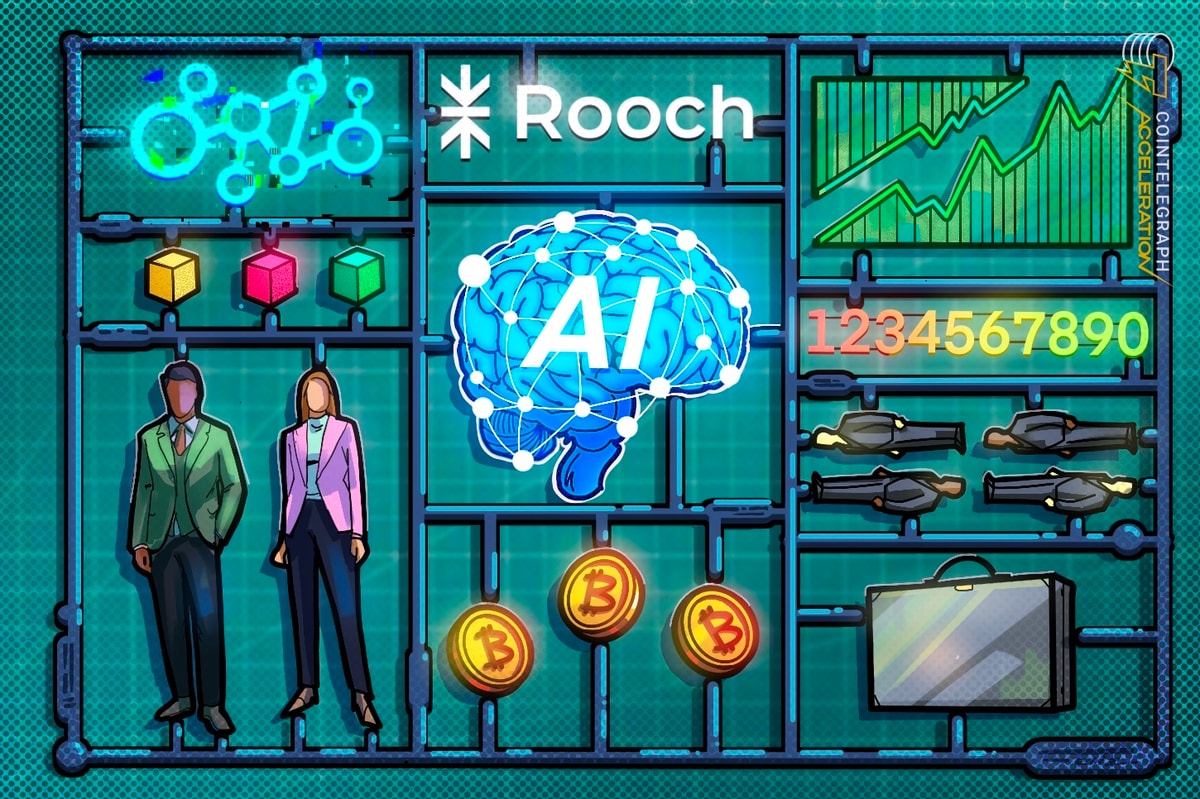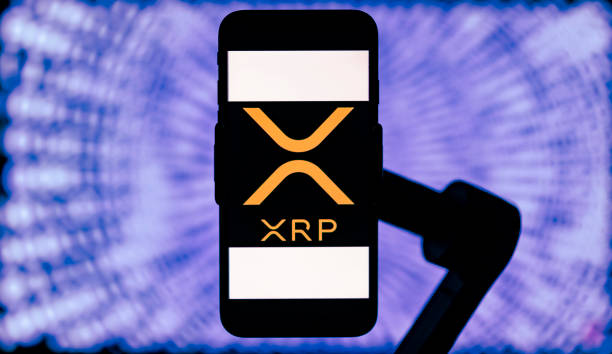As artificial intelligence plays an increasingly central role in decision-making, concerns over transparency, security and control remain unresolved. Traditional AI systems are centralized, operating within closed infrastructures where decisions are opaque and controlled by a single entity.
A major issue in this field is centralized AI agents, which process data and make decisions in finance, governance and automation. Found in virtual assistants, trading algorithms and chatbots, AI agents often lack external oversight, making their actions difficult to verify or audit.
A new approach — fully onchain verifiable AI agents (Foc AI agents) — seeks to address these concerns by embedding AI governance and decision-making directly into blockchain networks.

Onchain logic ensures that AI agents cannot be halted or modified. Source: Rooch Network
Foc AI agents eliminate the risks of centralized control by ensuring that every critical decision can be audited and verified onchain. By utilizing zero-knowledge (ZK) proofs and Trusted Execution Environments (TEE), the model provides cryptographic guarantees that AI processes are executed as intended, free from external interference or manipulation.
Shifting key decisions onchain
While decentralization enhances AI transparency and trust, achieving scalability and efficiency requires new computational models rather than hardware upgrades.
AI agents process vast amounts of data at high speeds, but not all decisions carry the same level of risk. Routine tasks require little oversight, while high-stakes actions, such as financial transactions and governance decisions, demand stricter security and verification.
By shifting key decisions onchain, AI systems become transparent and secure. Onchain verification removes single points of failure and prevents human overrides, ensuring that AI actions follow predefined rules rather than external intervention. With this approach, AI agents remain tamper-resistant, independently verifiable and free from centralized control.

Source: Rooch Network
Bitcoin application layer Rooch Network aims to break new ground with Eliza, an AI system designed to run entirely on the blockchain. At the core of Eliza lies the Move programming language, a blockchain-native framework designed for secure smart contract execution. Move allows Eliza to function independently, shielding it from centralized control while promoting transparent AI interactions.
Transparency and decentralized governance in AI
To enhance Eliza’s transparency and on-chain governance, fully onchain Eliza (focEliza), a set of blockchain-based plugins, introduces key functionalities such as memory integrity, verifiable behavior updates and decentralized governance mechanisms.
focEliza plugin suite records all interactions, memory updates and behavioral changes on the blockchain, eliminating opacity and allowing public verification of AI decisions.

focEliza stores character data and memory directly within smart contracts, helping decentralized AI agents reach their potential. Source: Rooch Network
Smart contracts govern Eliza’s decision-making processes, defining how they interact, evolve and respond to inputs. These transparent and immutable contracts eliminate concerns about bias, ethical misuse and centralized interference.
Unlike traditional AI systems controlled by a single entity, focEliza follows a community-centered model, distributing control through blockchain-based governance. The community actively participates in decision-making within its token-based decentralized autonomous organization (DAO) framework. Users can collectively shape Eliza’s personality traits, interests and behaviors, ensuring its evolution aligns with community values and ethical AI principles.
Enhancing AI memory integrity and onchain capabilities
One of the biggest challenges in AI systems is memory contamination, where misinformation or unintended behavioral changes distort AI interactions over time. Users are particularly exposed to this in AI chatbots and conversational agents, where responses evolve based on stored data.
focEliza addresses memory contamination with a verifiable onchain memory structure, ensuring accuracy, immutability and resistance to tampering. Unlike traditional AI models that rely on centralized databases, Eliza records all memory updates on a blockchain ledger, making past interactions persistent and auditable.
The onchain memory system prevents unauthorized modifications or data loss while allowing community auditing. Users can track historical changes, verify stored information and audit memory consistency. Every memory update is validated through smart contracts, ensuring compliance with governance-approved guidelines.
The Arrival of Rooch Pre-Mainnet
— Rooch Network (@RoochNetwork) December 13, 2024
We're calling for all the greatest builders, developers and users in the Bitcoin ecosystem.
🟢Build with MOVE. Build with Bitcoin.
🟢Climb the ranks + earn rewards
🟢Expand DeFi on Bitcoin
Your journey begins now⬇️ pic.twitter.com/73YpIDAu8R
Beyond solving existing AI challenges, focEliza’s fully onchain architecture expands the capabilities of decentralized AI applications. By integrating onchain oracles, Eliza can access real-world data in a trustless manner, making it adaptable for decentralized finance (DeFi), governance and various Web3 applications.
Its crosschain interoperability ensures broader accessibility across multiple blockchain ecosystems. Meanwhile, real-time AI evolution allows Eliza to adapt dynamically based on community-driven governance modifications, fostering a transparent and participatory AI model.
Community-driven AI evolution
Critical partnerships and integrations underpin Eliza’s success. The Rooch Move Framework provides a flexible, secure environment for deploying Move-based smart contracts, allowing Eliza to function as a decentralized AI agent.

As the application layer for Bitcoin, Rooch facilitates utility and yield generation for BTC, Ordinals and BRC-20 tokens. Source: Rooch Network
AI Oracle integration enhances decision-making by allowing Eliza to process real-world data trustlessly. To expand its reach, Eliza leverages crosschain protocols, enabling it to function across multiple blockchain ecosystems.
One of focEliza’s achievements is successfully implementing community-driven AI governance. What began as a simple onchain representation of character data and memory storage has evolved into a self-improving AI agent shaped by its users.
Rather than being static and pre-programmed, focEliza evolves based on user input, ensuring it remains adaptive, relevant and aligned with community needs. As users contribute — whether through governance suggestions, AI training refinements or behavioral adjustments — they gain trust in Eliza’s transparency, security and long-term reliability.
By shifting AI governance onto blockchain networks, focEliza eliminates opaque decision-making, centralized control and unverified AI actions, creating a system where every process is publicly auditable and secure.
Embodying the motto “trust AI, but verify onchain,” focEliza demonstrates fully onchain AI is beyond an experimental concept. It is a viable alternative for the future of trustless, community-driven AI. With initiatives like Eliza, the combined strengths of blockchain, AI and decentralization will create a more open, verifiable and equitable AI landscape.
Disclaimer. Cointelegraph does not endorse any content or product on this page. While we aim at providing you with all important information that we could obtain in this sponsored article, readers should do their own research before taking any actions related to the company and carry full responsibility for their decisions, nor can this article be considered as investment advice.












